Patients Taking PARP Inhibitor Survive Ovarian Cancer Longer with Fewer Complications

Ovarian cancer is one of the deadliest forms of women’s cancer, with a five-year survival rate of 47.4 percent. The standard of care for first-line treatment is platinum- and taxane-based chemotherapy, which results in high initial response rates.
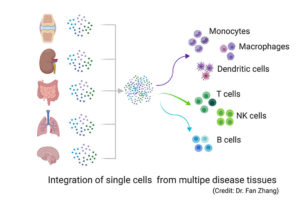 This November, members of Brigham and Women’s Hospital’s Division of Rheumatology, Inflammation and Immunity presented several groundbreaking studies at the American College of Rheumatology’s (ACR’s) annual meeting in Atlanta.
This November, members of Brigham and Women’s Hospital’s Division of Rheumatology, Inflammation and Immunity presented several groundbreaking studies at the American College of Rheumatology’s (ACR’s) annual meeting in Atlanta.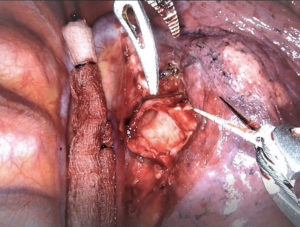 For years, general thoracic surgery was largely associated with open procedures such as thoracotomy, sternotomy and laparotomy. Minimally invasive techniques have steadily gained traction since the early 1990s, particularly for smaller procedures like wedge resection and pleural biopsy.
For years, general thoracic surgery was largely associated with open procedures such as thoracotomy, sternotomy and laparotomy. Minimally invasive techniques have steadily gained traction since the early 1990s, particularly for smaller procedures like wedge resection and pleural biopsy.


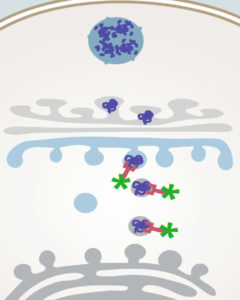 A small molecule discovered by researchers at Brigham and Women’s Hospital may hold promise for treating mucin-1 kidney disease (MKD) as well as other toxic proteinopathies of the brain, eye, lungs and liver. These diseases are driven by genetic mutations that result in misfolded, “toxic” proteins that in turn become trapped and accumulated in cells.
A small molecule discovered by researchers at Brigham and Women’s Hospital may hold promise for treating mucin-1 kidney disease (MKD) as well as other toxic proteinopathies of the brain, eye, lungs and liver. These diseases are driven by genetic mutations that result in misfolded, “toxic” proteins that in turn become trapped and accumulated in cells.
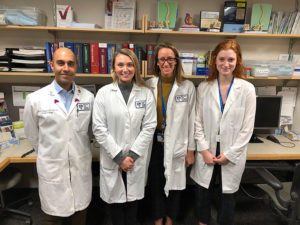
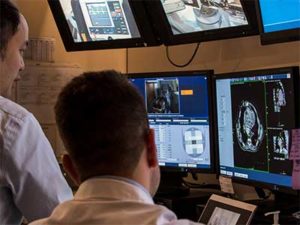 Ventricular tachycardia (VT) in patients with structural heart disease can be life-threatening and often requires a multi-pronged treatment strategy. While implanted defibrillators can detect arrhythmias, shocks can be painful and sometimes harmful.
Ventricular tachycardia (VT) in patients with structural heart disease can be life-threatening and often requires a multi-pronged treatment strategy. While implanted defibrillators can detect arrhythmias, shocks can be painful and sometimes harmful.